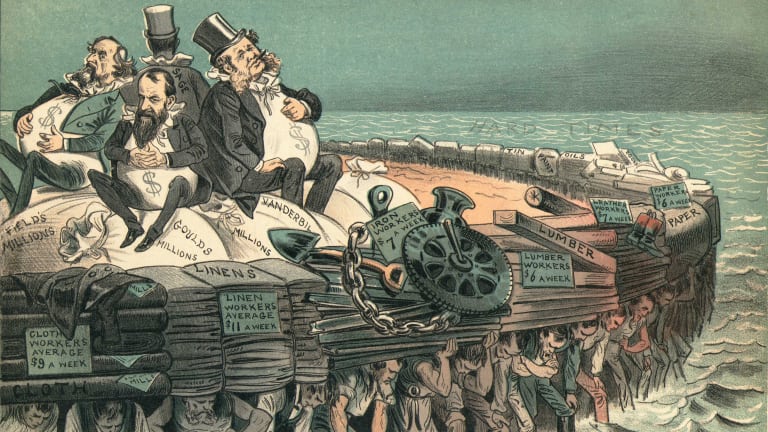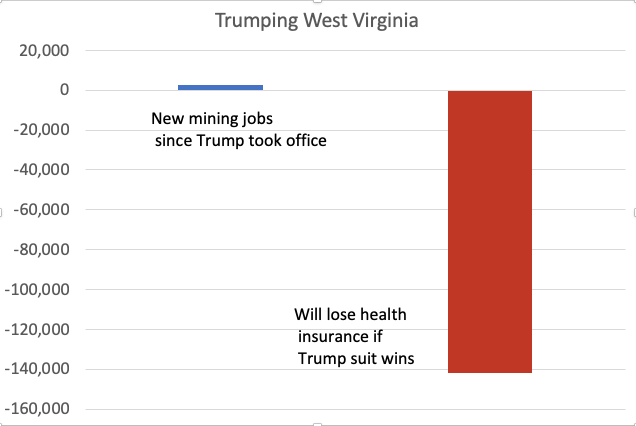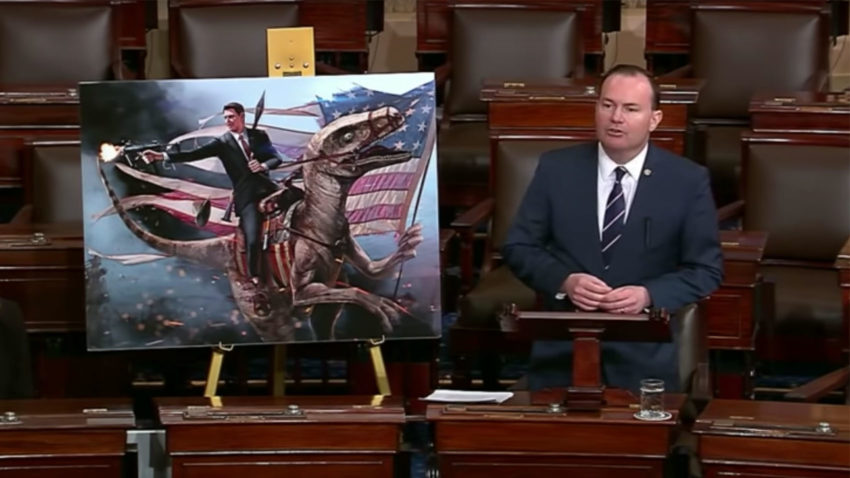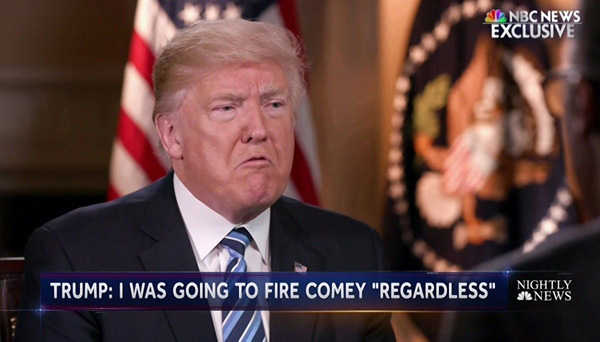If I were given to conspiracy theories, I might think this is a prelude to a putsch. Daily Beast reports,
The group in question was a branch of analysts in DHS’s Office of Intelligence and Analysis (I&A). They focused on the threat from homegrown violent extremists and domestic terrorists. The analysts there shared information with state and local law enforcement to help them protect their communities from these threats.
Then the Trump administration’s new I&A chief, David Glawe, began reorganizing the office, which is the DHS component that has a place in the Intelligence Community. Over the course of the reorganization, the branch of I&A focused on domestic terrorism got eighty-sixed and its analysts were reassigned to new positions. The change happened last year, and has not been previously reported.
The Daily Beast reporter, Betsy Woodruff, was part of a team that recently reported “fewer than a fifth of the FBI’s open terrorism investigations focus on people without connections to international extremist organizations.” This earlier report continued,
It’s a proxy figure that highlights what former counterterrorism officials consider an insufficient focus on far-right violence.
Out of about 5,000 open terrorism investigations, 900 probe domestic terrorism, according to FBI data reviewed by The Daily Beast. “Domestic terrorism” is an umbrella category that includes far more than just far-right terrorism, but functions as the most granular data available to indicate how federal law enforcement targets white supremacist violence.
Today’s report by Woodruff said that law enforcement officials had noticed a big drop in reports about domestic terrorism.
Sgt. Mike Abdeen with the Los Angeles County Sheriff’s Department told The Daily Beast that his office used to receive a significant amount of material from I&A, but that the communications have dried up in recent months. For the last six months, he said, I&A has been mostly silent. He added that this has been consistent with broader changes in how the department communicates with his office.
“It’s been very quiet lately,” Abdeen said. “It’s changed with the new administration. It doesn’t seem to be as robust, as active, as important—it is important, I’m sure, but it’s not a priority. It doesn’t seem like engagement, outreach, and prevention are seen as a priority as we used to see in the past. There were roundtable meetings in the past, there was more activity, more training, more seminars. Now it seems like it’s gone away.”
Alleen Brown at The Intercept reported last month that for a long time the DHS has taken “eco-terrorism” and animal rights groups more seriously than white nationalists. This is not necessarily about political bias.
Daryl Johnson, a former domestic terrorism analyst at DHS, says there’s a reason law enforcement took a less aggressive approach to right-wing white supremacists and anti-government attackers. In the case of the eco-extremists, the government had a powerful ally: industry. “You don’t have a bunch of companies coming forward saying I wish you’d do something about these right-wing extremists,” said Johnson, who left his position in 2010, after his warnings about right-wing violence were dismissed. “If enough people lobbied congresspeople about white nationalists and how it’s affecting their business activity, then I’m sure you’ll get legislation.”
“We’re actually seeing all the same phenomena of what was happening with groups like ISIS, same tactics, but no one talks about it because it’s far-right extremism,” says the national-security strategist P.?W. Singer, a senior fellow at the New America think tank. During the first year of the Trump administration, Singer and a colleague met with a group of senior administration officials about building a counterterrorism strategy that encompassed a wider range of threats. “They only wanted to talk about Muslim extremism,” he says. But even before the Trump administration, he says, “we willingly turned the other way on white supremacy because there were real political costs to talking about white supremacy.”
So the next time there’s a massacre in a church of synagogue perpetrated by a white nationalist thug, remember that some deaths by terrorism don’t count.








